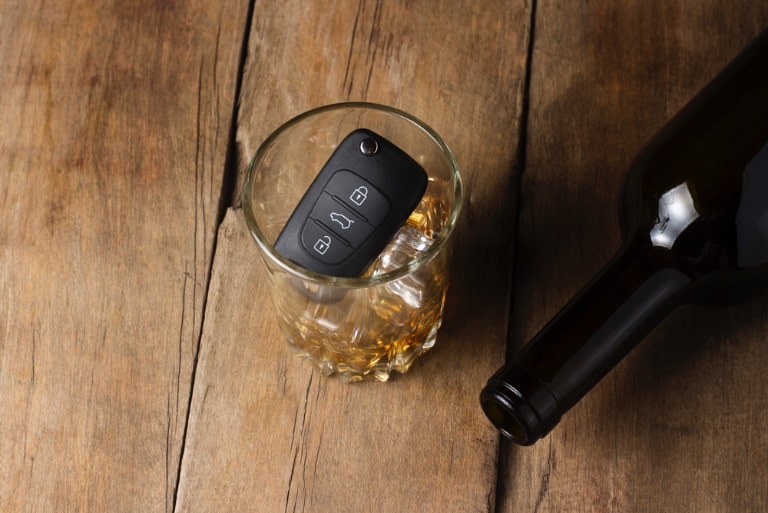What’s the Difference Between OVI, DUI, DWI, and OMVI, and Why It Matters

Consider yourself driving with your friends after a party. Suddenly, you get pulled over by cops. They hit you with multiple questions and mention certain terms like DUI, OVI, etc. And you just stare at them without understanding the meaning of those acronyms. So, it’s very important to have basic knowledge about what all these terms mean if you are a driver.
There are certain terms, such as OVI, DUI, DWI, and OMVI, that are frequently used in the context of traffic law, which refers to the offense of operating a vehicle under the influence of drugs or alcohol. It’s important for one to get to know the differences between OVI, DUI, DWI, and OMVI.
What These Acronyms Mean
DUI (Driving Under the Influence)
Operating a car while under the influence of alcohol or drugs is legally known as “Driving Under the Influence,” or DUI, in many U.S. states. A DUI can be proved in two ways:
Even if a driver’s blood alcohol content is below the legal limit, they may still face charges of DUI. This charge is based on proof that drugs, alcohol, or a combination of the two influenced the driver’s ability to operate a vehicle.
OVI (Operating a Vehicle Under the Influence)
OVI, which stands for Operating a Vehicle Under the Influence, is a criminal offense for operating a motor vehicle under the influence of drugs or alcohol. The difference between DUI and OVI is comparatively very mild.
DWI (Driving While Intoxicated or Impaired)
DWI stands for Driving While Intoxicated or Driving While Impaired, which is very similar to the above-mentioned acronyms. Wherever their legal definitions differ from state to state. A DWI charge can be proved either by BAC-based intoxication or by impairment.
OMVI (Operating a Motor Vehicle while Impaired):
Operating a Motor Vehicle while Impaired, or OMVI, is a legal term that was once used to describe the crime of impaired driving in a few states of the U.S. Only the phrase “operating” is the primary legal difference in an OMVI charge.
“Operating” means physically controlling the vehicle, even when it is parked, as compared to “driving,” which usually indicates the vehicle is moving. Because of this wider meaning, prosecutors were able to get convictions in more situations.
Penalties:
- Suspension of license.
- Penalties and court expenses.
- Programs for mandatory alcohol education or treatment.
- Probation.
- Potential jail time.
Why These Terms Matter
The most important difference between these acronyms is the legal definitions. The offense’s scope may vary depending on whether the word “operating” or “driving” is used. The word “operating” means physically controlling the vehicle, whereas “driving” means the vehicle is moving on the road.
A skilled lawyer might utilize this distinction in legal scope to either challenge or deny an allegation. The penalties are usually severe regardless of the acronym. They usually involve possible jail time, fines, and license suspension. The actual penalties, however, are determined by the state laws and might differ widely from one state to another. It is the responsibility of a lawyer to understand these particular consequences.
In general, OVI, DUI, DWI, and OMVI all refer to the same basic offense of driving while intoxicated. They represent certain legal definitions, the scope of the offense, and jurisdictional variations that can significantly affect an individual’s case. Understanding these differences is the first step in building a proper legal case.
Key Takeaways
- Acronym differs by state: Depending on the state in which the offense takes place, several acronyms may be used, such as OVI, DUI, DWI, or OMVI.
- “Operating” vs. “Driving”: The key difference is the legal scope. While DUI and DWI frequently use the phrase “driving,” which generally means the vehicle is in motion, OVI and OMVI use the term “operating,” which means having physical control of a vehicle that is not moving.
- Penalties Differ: Not the acronym, but the state law determines the penalties for each charge, which include fines, license suspension, and jail time.
- Things like having a high blood alcohol content (BAC), causing an accident, or driving with a minor in the car can get you a severe penalty regardless of the acronym.




